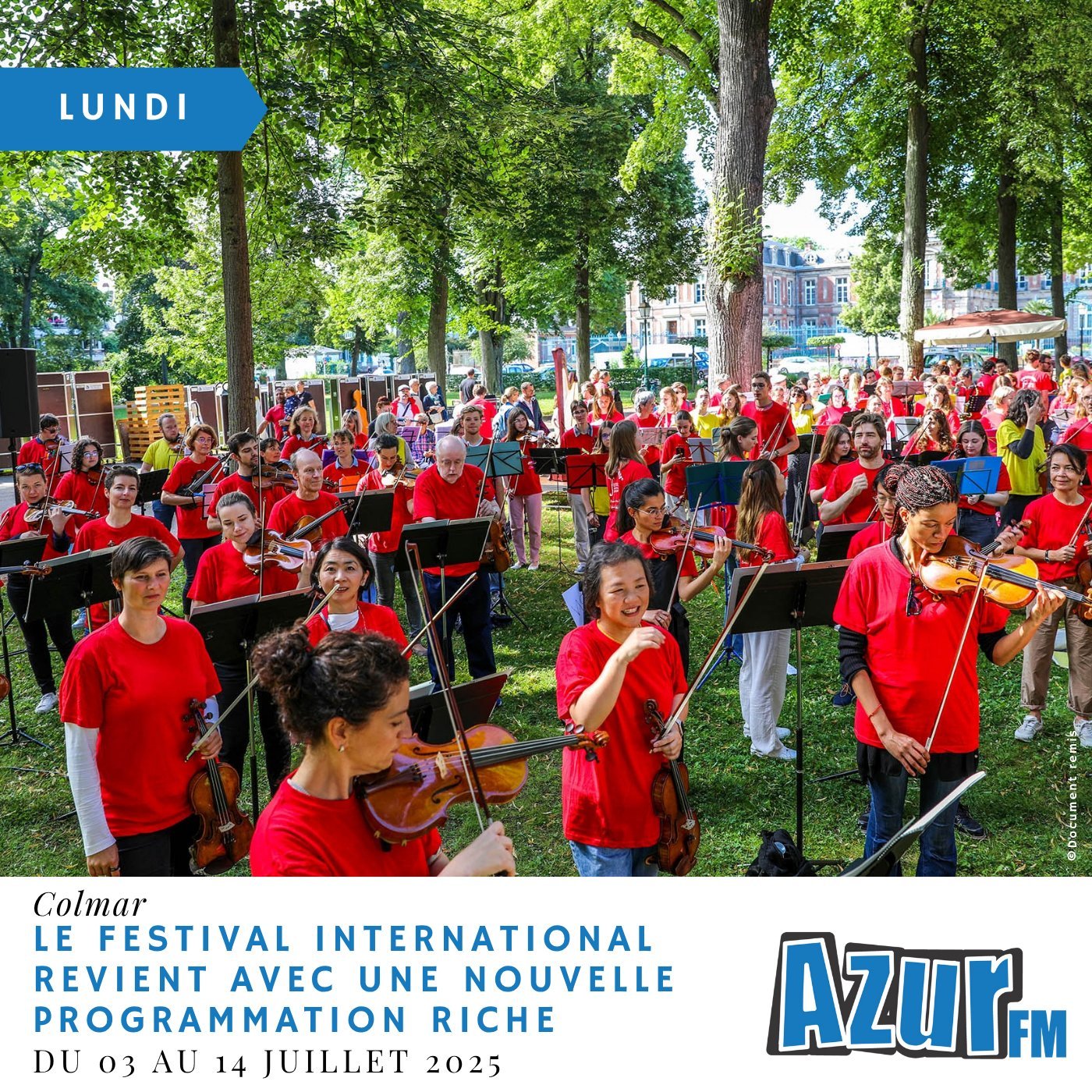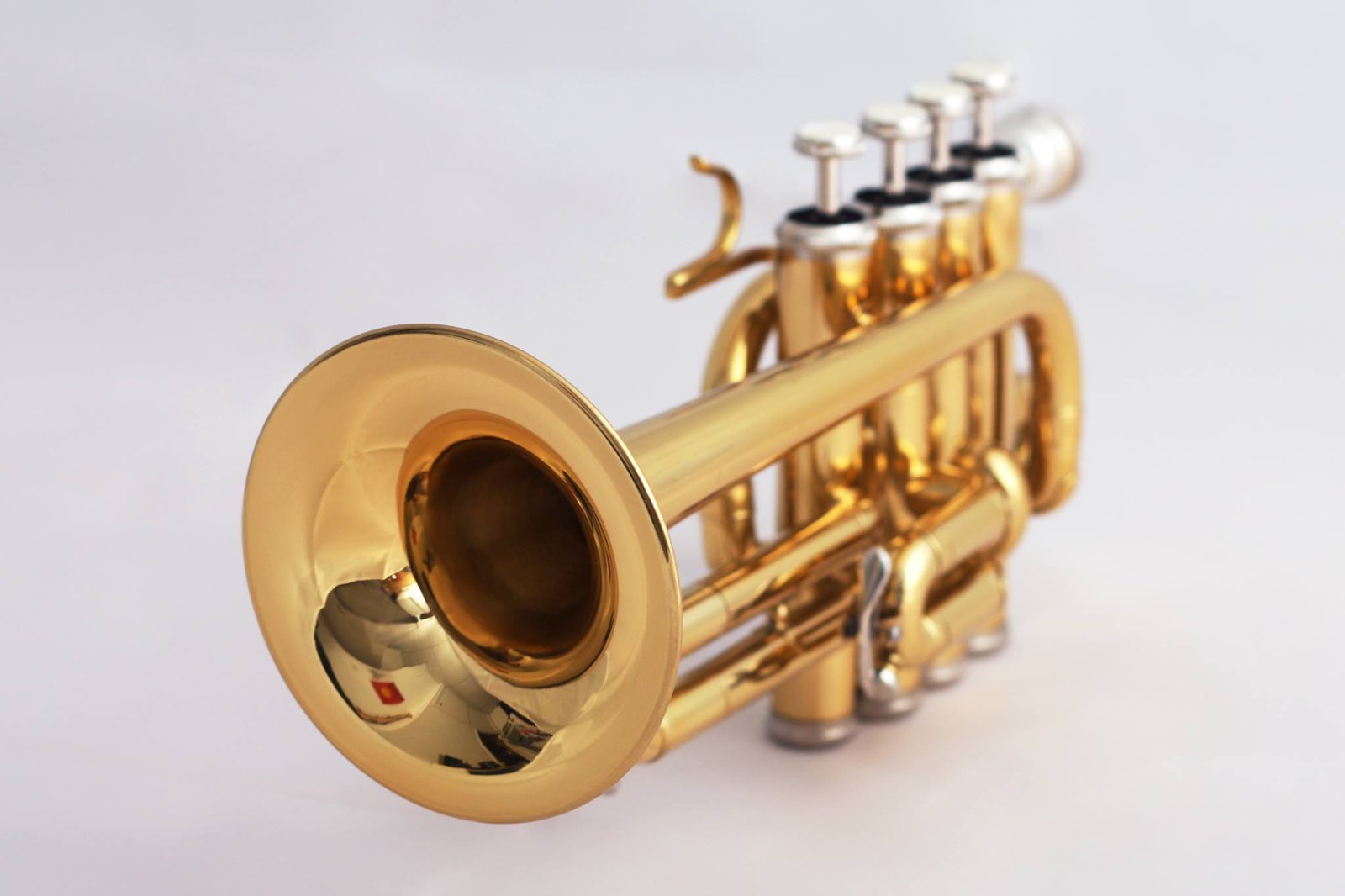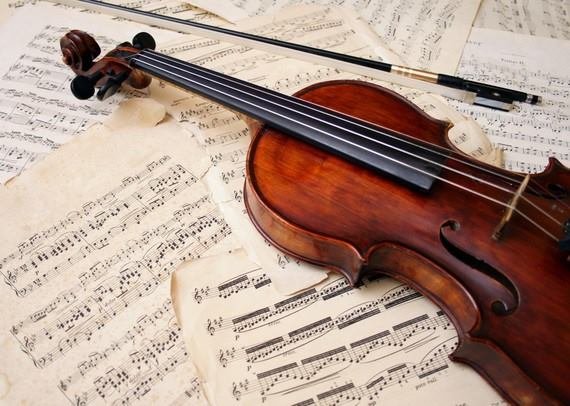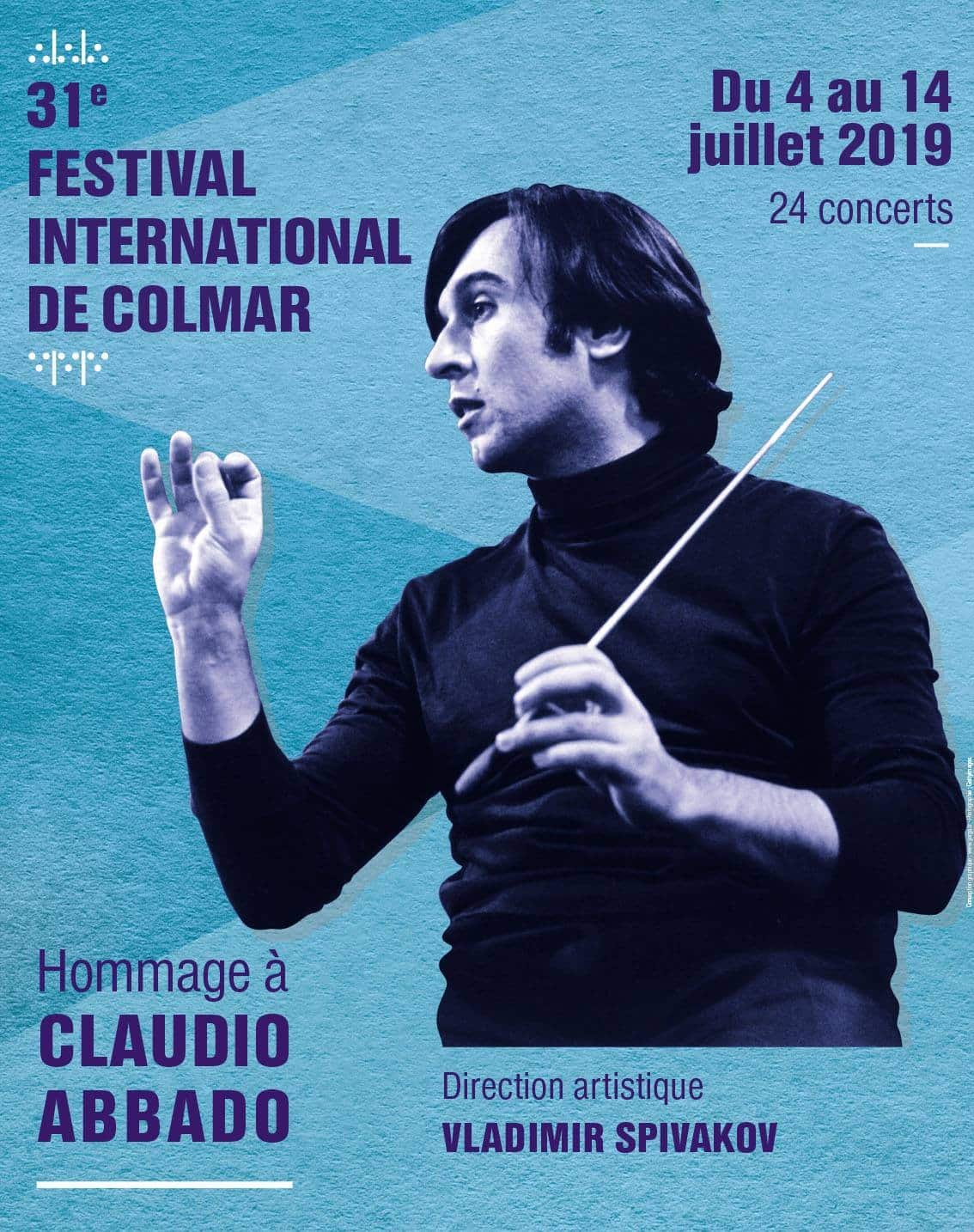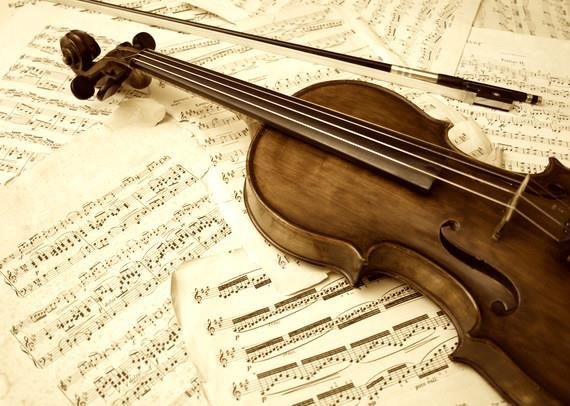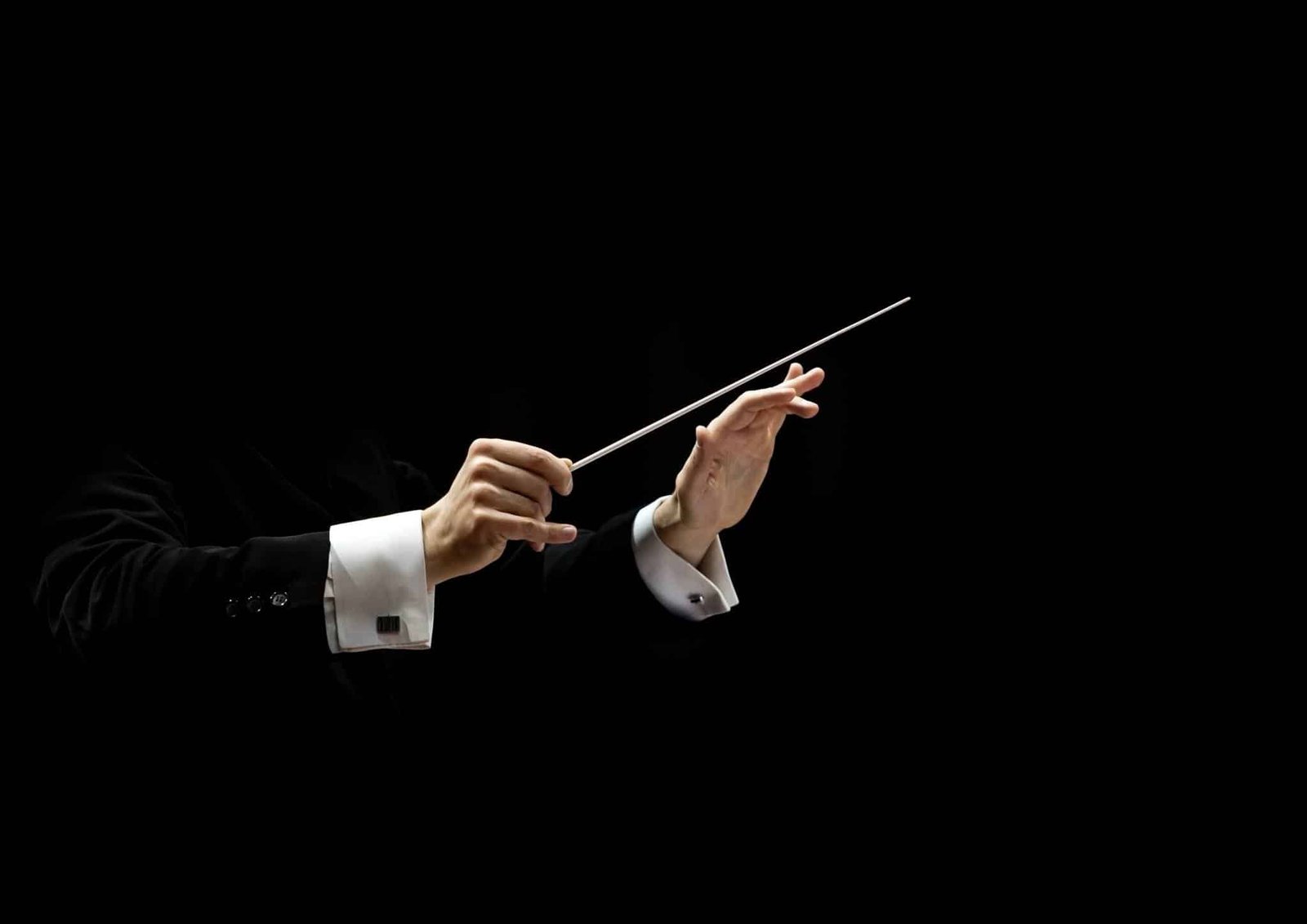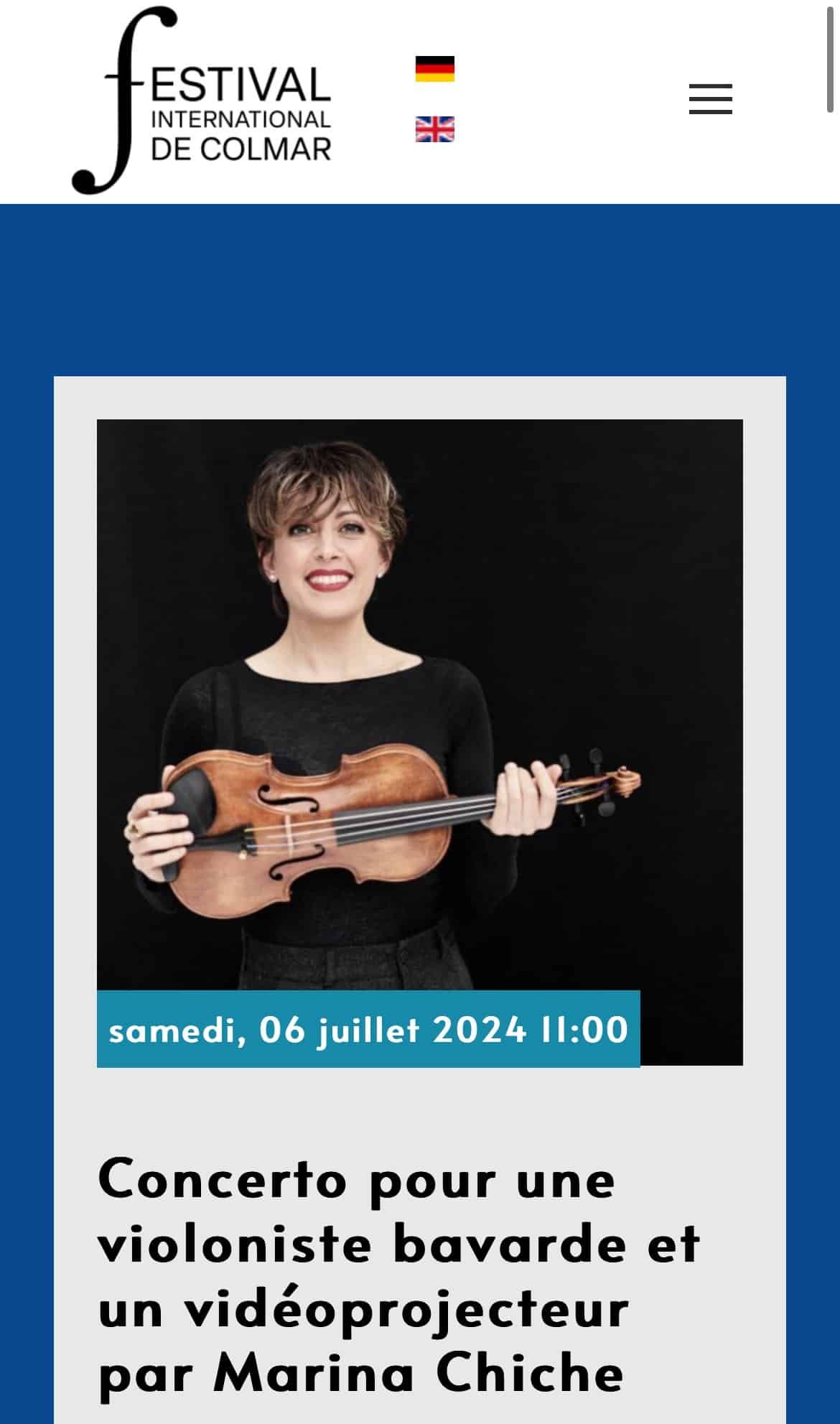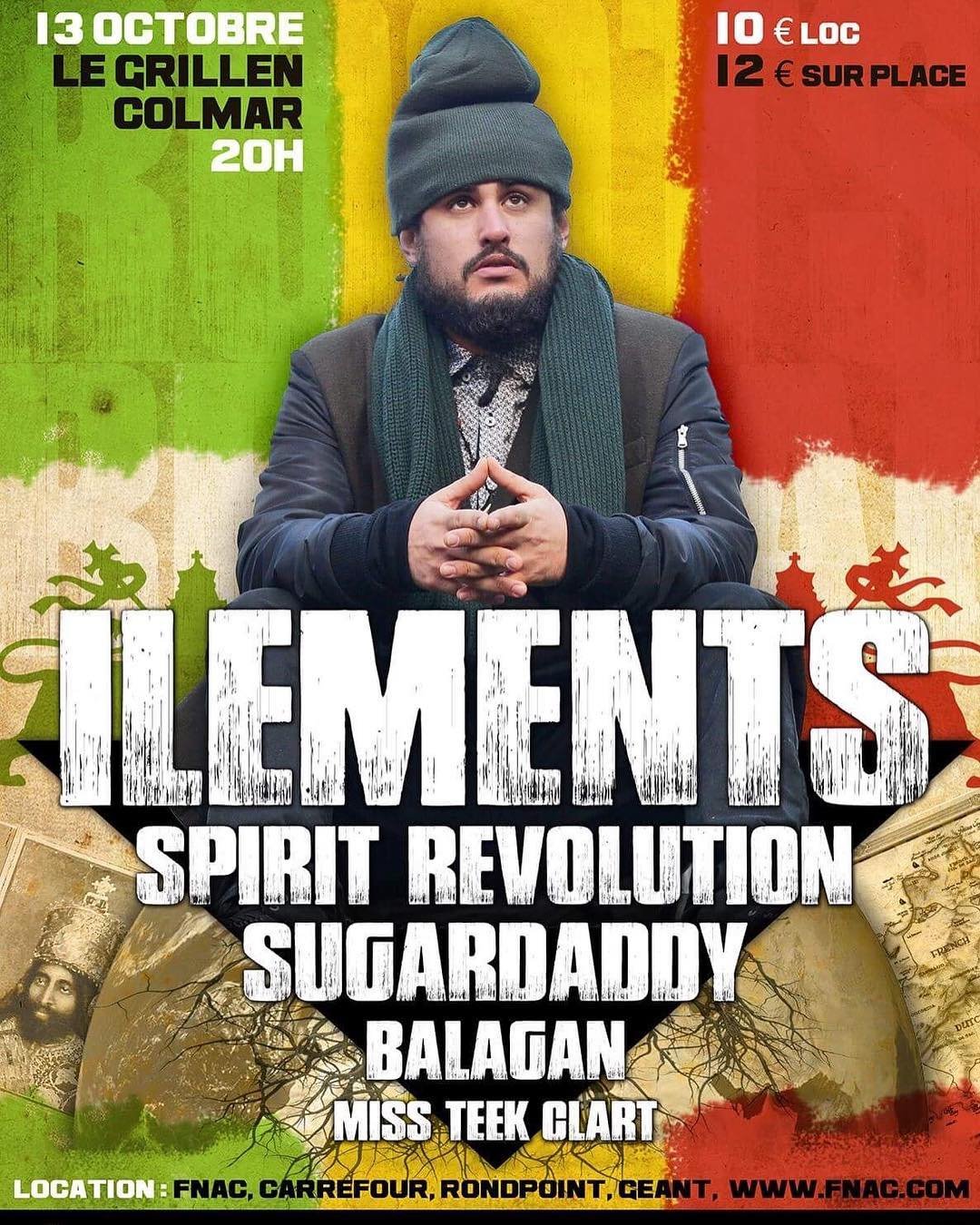Colmar International Festival (Colmar) 2026
Background & History
- Origins: The Colmar International Festival was founded in 1979 by renowned conductor Karl Münchinger in the heart of Alsace, a region historically bridging French and German cultures. Münchinger, inspired by Colmar’s medieval architecture and acoustically rich churches, envisioned a summer showcase for classical music that would highlight the Franco-German musical dialogue, drawing on the area’s position as a cultural crossroads since Roman times (Colmar as “Colmaria”). The inaugural edition featured intimate concerts in the Dominican Church and cloister, emphasizing chamber music and emerging talents, with a modest program of about 10 events attended by local enthusiasts and early international guests.
- Tradition and Early Growth: For its first decade, the festival focused on fostering musical exchange between French and German repertoires, hosting composers like Bach, Mozart, and Ravel in historic venues. By the mid-1980s, it had established traditions like themed tributes to great musicians or instruments, ensuring artistic relevance. The arrival of Vladimir Spivakov as artistic director in 1989 marked a pivotal shift, internationalizing the event and attracting luminaries such as Jessye Norman, Mstislav Rostropovich, Yehudi Menuhin, and Martha Argerich. This era expanded the program to 20+ concerts, boosting attendance from hundreds to thousands and solidifying Colmar’s status as a classical music hub.
- Modern Evolution and Cultural Significance: Pausing briefly during the COVID-19 pandemic (2020-2022), the festival relaunched in 2023 under French conductor Alain Altinoglu, emphasizing innovation, diversity, and youth development through partnerships like the Conservatoire National Supérieur de Musique et de Danse de Paris and the Gautier Capuçon Foundation. Now in its 47th edition for 2026, it has grown into one of Europe’s top 10 classical festivals (per The New York Times since 1994), drawing 30,000+ visitors annually. Culturally, it symbolizes Alsace’s hybrid identity—post-WWII reconciliation through art—while promoting global classical heritage in UNESCO-recognized settings, nurturing talents like Evgeny Kissin and Edgar Moreau, and blending symphonic grandeur with intimate recitals for a transformative experience.
- Growth Over the Years: From 10 concerts in 1979 to 26 in recent editions, the festival has expanded venues, introduced family programs (e.g., Peter and the Wolf narrations), and integrated multimedia elements like live broadcasts on France Musique. Attendance has surged 10-fold, supported by sponsors like Crédit Mutuel and institutional backers (City of Colmar, Grand Est Region). Post-2023, it emphasizes sustainability (eco-friendly staging) and inclusivity, with 2026 expected to feature 12 symphonic evenings, 6 chamber concerts, and 5 young talent showcases, continuing its legacy of “enthusiasm, originality, and absolute artistic demand.”
Event Highlights
- Main Activities or Performances: The 2026 edition promises 26 concerts across genres, including 12 symphonic and chamber evenings at 8:30pm featuring international stars like violinist Viktoria Mullova (Brahms focus) and pianist Yuja Wang (virtuoso recitals), alongside orchestras such as the HR-Sinfonieorchester Frankfurt. Chamber music at 6pm highlights young ensembles like Trio Fratres (saxophone-infused classics), while 12:30pm “Midi Trente” slots showcase rising stars via CNSMDP partnerships, e.g., violinist Céleste Klingelschmitt in Bach-Ysaÿe-Bartók programs.
- Special Traditions or Features: Themed tributes remain core—2026 may honor Russian Romantics or Venetian echoes, echoing Münchinger’s Franco-German roots. Family-friendly “Peter and the Wolf” narrations (e.g., by Julie Depardieu) and Symphonic Mob© interactive sessions engage all ages. Acoustic excellence in venues like Saint Matthieu’s Church, with its Gothic resonance, enhances intimacy; post-concert “Carte Blanche” evenings (e.g., Altinoglu’s piano improvisations) foster artist-audience bonds.
- Unique Attractions for Visitors: Beyond stages, explore Colmar’s UNESCO old town during intermissions—stroll canalside paths or visit Musée Unterlinden (partner venue for pop-up exhibits). Young Talent Cycle spotlights prodigies like Alexander Malofeev (Slavic soul piano); evening brass spectacles and poetic violin-piano duos add variety. The festival’s “Music & Heritage” ethos integrates concerts with guided heritage walks, offering a multisensory dive into Alsace’s fairy-tale architecture amid summer blooms.
Date & Duration
- Dates: July 2 – July 13, 2026 (first fortnight of July, spanning 12 days with daily events; subject to final confirmation via festival-colmar.com)
- Duration: 12 days
Venue / Location
- City and Main Venue: Colmar, Haut-Rhin, Alsace, France—a UNESCO-listed “Little Venice” town 70 km south of Strasbourg, famed for half-timbered houses and canals. Concerts unfold in historic gems: Saint Matthieu’s Church (3 Grand’Rue, Gothic 14th-century acoustics for evenings), Théâtre Municipal (1 Rue Kleber, neoclassical hall for 6pm chambers), and Koïfhus (29 Grand’Rue, medieval customs house for lunchtimes).
- Notable Areas Within the Venue: Evening symphonies in Saint Matthieu’s nave (750 seats, categories for visibility); 6pm intimacy at Théâtre’s Italian-style auditorium (400 seats); 12:30pm coziness in Koïfhus’s vaulted hall (200 seats). All foster proximity to performers, with festival HQ at 8 Rue Kléber for tickets/info.
- Google Maps Address: 8 Rue Kléber, 68000 Colmar, France – central to all venues, near canals and markets.
Ticket Information
- How Tickets Are Sold: Online via festival-colmar.com (secure billetterie section, English/French/German); phone +33 3 89 20 68 97 (Mon-Fri 9am-6pm); on-site at Koïfhus or HQ (8 Rue Kléber) from June 2026. Season passes for prestige series; groups (10+) via email infofestival@tourisme-colmar.com. Resales limited; digital tickets with QR for entry.
- Whether Admission Is Free or Paid: Paid event; select young talent concerts may offer student discounts (ID required); no full free entry, but family “Peter and the Wolf” has reduced child rates.
- Ticket Pricing in USD Only: Individual concerts ~$27–$101 USD (based on €25–€92, at 1 EUR ≈ 1.10 USD); lunchtimes ~$27–$44 USD; evenings ~$55–$101 USD; season pass for 12 symphonics ~$550 USD.
- Any Special Seating or VIP Options: Categorized seating at Saint Matthieu’s (Category 1: full stage view premium ~$101 USD; Cat 2/3: partial/low visibility ~$55–$77 USD). VIP via sponsors (e.g., Crédit Mutuel lounges with artist meet-and-greets, ~$165 USD add-on); accessible reserved seats (contact accessibility queries via email).
- ADD MINIMUM AND MAXIMUM TICKETS PRICING TELL: Minimum: ~$27 USD (young talent/lunchtime); Maximum: ~$101 USD (premium evening symphonics).
Contact Information
- Email: infofestival@tourisme-colmar.com (general/tickets); jroyer@tourisme-colmar.com (press); billetterie@festival-colmar.com (reservations); use contact form at festival-colmar.com/en/contact for specifics.
- Phone: +33 3 89 20 68 97 (main office, Mon-Fri 9am-6pm, English/French/German); +33 3 89 20 69 10 (press/Johny Royer).
- Website: https://festival-colmar.com/en (program, bookings, newsletters); https://www.tourisme-colmar.com/en (tourist integration).
- Social Media: @festivalcolmar (Facebook, Instagram, Twitter/X, Bluesky, YouTube, LinkedIn) for line-up teasers, live streams, and artist Q&As.
- Key Staff: President: Francis Hirn; Artistic Director: Alain Altinoglu; Director: Johny Royer/Claire Weiss; contact via office for volunteer coordination.
- Press/Volunteers: Press: presse@festival-colmar.com (kit download available); volunteers: via infofestival@tourisme-colmar.com (stewarding, ushering; applications open spring 2026, unpaid with perks).
- Note: Response time ~24–48 hours; multilingual support; newsletter signup for updates; GDPR-compliant data (opt-out anytime).
Cultural Experience
- Traditions: Rooted in Alsace’s Franco-German heritage, the festival upholds Münchinger’s vision of musical dialogue, with programs blending Bach’s rigor and Ravel’s lyricism in venues echoing medieval trade routes. Themed tributes (e.g., to Brahms or Venice) create narrative arcs, while post-concert heritage walks link music to Colmar’s UNESCO sites, fostering a sense of timeless cultural fusion.
- Music: Classical core spans Baroque to Romantic—expect violin sonatas (Bach, Ysaÿe), piano virtuosity (Rachmaninoff Rhapsody), and symphonies (Haydn-Brahms filiation)—performed by icons like Gautier Capuçon and prodigies. Acoustics amplify emotional depth, with intimate settings encouraging communal applause and encores.
- Costumes and Customs: Attendees blend elegance (summer linens, light scarves) with casual festival wear; artists in formal black tie. Customs include pre-concert wine tastings (Alsace Rieslings) and intermission chats, reflecting Alsatian hospitality—polite queuing, silent reverence during pieces, and vibrant after-parties at partner hotels.
- Local Customs: Alsace’s bilingual vibe shines—French/German announcements; eco-practices like digital programs align with regional sustainability. The festival enhances Colmar’s “fairy-tale” allure, inviting picnics by canals and blending high art with everyday joie de vivre, promoting inclusivity across ages and backgrounds.
Food & Drinks
- Alsatian Specialties: Choucroute garnie (~$22 USD)—fermented cabbage with sausages and pork, a hearty post-concert staple at brasseries like Wistub du Chambard.
- Gourmet Icons: Foie gras terrine with pain d’épices (~$18 USD), invented nearby; tarte flambée (flammekueche, ~$12 USD)—thin-crust onion-bacon delight from street vendors near Koïfhus.
- Wine Pairings: Local Riesling or Gewürztraminer flights (~$15 USD) at Wolfberger partner tastings; coq au Riesling (~$20 USD) for elegant dinners.
- Sweet Treats: Kugelhopf brioche with raisins (~$6 USD) or Munster cheese platters (~$14 USD); bretzels and pretzels from covered market (~$4 USD).
- Modern Twists: Vegan baeckeoffe (meatless stew, ~$16 USD); craft beers from Colmar microbreweries (~$7 USD) or kirsch-infused desserts.
- Budget Tips: Covered Market (Place de la Cathédrale) for picnic grabs (~$10 USD meals); festival pop-ups offer €6 (~$6.60 USD) wine-and-charcuterie deals.
Getting There
- Nearest Airports: Strasbourg International (SXB, 60 km/37 miles, ~45-min drive/train); Basel-Mulhouse (BSL, 70 km/43 miles, ~1-hr shuttle); Paris CDG (450 km, ~4-hr TGV to Strasbourg + regional).
- Public Transport: TGV from Paris Gare de l’Est to Strasbourg (1.75 hrs, ~$80 USD), then TER train to Colmar (30 min, ~$10 USD); direct buses via FlixBus from major cities (~$20 USD from Strasbourg).
- By Train: Colmar station (central, 5-min walk to venues) connects via SNCF to Basel (40 min) or Mulhouse (20 min); book via sncf-connect.com.
- By Bus: Local Flibco shuttles from airports (~$25 USD); city buses (lines 1/2) loop old town (€1.50/~$1.65 USD).
- Parking: Public lots like Parking Indigo (Rue de la Gare, ~$11 USD/day); limited street parking; EV stations available; cycle paths from Strasbourg.
- Other Tips: Rent bikes via Vélhop (~$10 USD/day); walking-friendly town (venues <10-min apart); avoid driving in pedestrian zones; accessible taxis for mobility needs.
Accommodation Options
- Budget Hotels: Ibis Colmar Centre (~$90 USD/night, 5-min walk to venues, basic rooms/breakfast); Ibis Styles Colmar Centre Gare (~$100 USD, modern, canal views).
- Mid-Range B&Bs: Hôtel Le Maréchal (~$150 USD, half-timbered charm, central spa); Maison des Têtes (~$180 USD, historic boutique, Alsatian decor).
- Luxury Stays: James Boutique Hôtel (~$250 USD, designer vibes, courtyard dining); Novotel Suites Colmar (~$200 USD, suites with kitchens).
- Apartments/Airbnbs: Canal-side studios (~$120 USD/night, self-catering); family apartments in Little Venice (~$160 USD).
- Unique Options: Hôtel Le Colombier (~$140 USD, wine-themed); partner hotels like Hôtel Turenne (~$170 USD, pool); glamping at nearby Route des Vins (~$130 USD).
- Booking Tips: Reserve via tourisme-colmar.com 6 months ahead (July peak); packages bundle with tickets (~20% off); Strasbourg stays (30-min train) save ~30%.
Maps
Contact
Video
FAQ's
What are the exact 2026 dates and how can I plan around them?
The Colmar International Festival runs from July 2 to July 13, 2026, mirroring the traditional first fortnight of July, with 26 concerts scheduled daily: 12:30pm young talent at Koïfhus, 6pm chambers at Théâtre Municipal, and 8:30pm symphonics at Saint Matthieu’s Church (plus a 5pm finale on July 14 if extended). This 12-day format allows flexible itineraries—arrive mid-week for fewer crowds or weekends for peak energy. Check festival-colmar.com by January 2026 for the finalized calendar, as minor shifts occur for holidays (e.g., Bastille Day). Pair with Alsace Wine Route day trips; the app provides real-time schedules and weather alerts for outdoor strolls between venues.
How much are tickets, and what’s the best way to buy them to save money?
Tickets range from ~$27 USD (€25) for intimate lunchtime recitals to ~$101 USD (€92) for premium evening symphonics, with season passes for the 12 prestige concerts at ~$550 USD offering the best value (average ~$46 USD per show). Reduced rates apply for students/seniors (~20% off) and families (kids under 12 half-price for Peter and the Wolf). Purchase online at festival-colmar.com for no fees and instant e-tickets; phone (+33 3 89 20 68 97) for groups (10+ saves 15%). Avoid on-site buys during rush (extra €2/~$2.20 USD); subscribe to the newsletter for presale alerts—2025 sold out fast, so act in spring 2026.
Does weather affect the event, and what should I prepare for?
As an indoor festival in historic venues, weather rarely disrupts concerts—Saint Matthieu’s Gothic stone and Théâtre's roof ensure year-round comfort—but July's mild Alsace summers (18–25°C/64–77°F) invite pre/post-show canal walks; rare rain (10–15 days/month) might dampen strolls. Pack light layers, comfortable shoes for cobblestones, and a reusable water bottle (fountains abound). Umbrellas are fine indoors (staff-provided cloaks), and the app's weather integration helps reroute to covered markets. Hydrate with local eaux minérales; heatwaves (occasional >30°C/86°F) prompt early arrivals for shaded queues.
Can I combine the festival with other Colmar activities, and how does it work?
Absolutely—the festival's compact venues enable seamless blending with Colmar's charms: morning market picnics at Place de l'Ancienne Douane before 12:30pm shows, or afternoon Musée Unterlinden visits (partner discounts ~$11 USD) post-6pm chambers. The "Music & Heritage" passes (~$10 USD add-on) include guided old-town tours linking concert sites to Alsace history. Full days: 11am wine tasting at Wolfberger, evening symphonic, then dinner cruise. Buy bundled tickets via tourisme-colmar.com; venues are <10-min walks, with shuttles for outskirts—ideal for families or wine lovers exploring the Route des Vins (20-min drive).
What accessibility features are available for visitors with disabilities?
The festival prioritizes inclusivity: Saint Matthieu’s offers wheelchair-accessible ramps and 50 reserved seats (Cat 1 view, free companion ticket); Théâtre Municipal has elevators and adapted restrooms; Koïfhus provides ground-floor entry. Audio descriptions via app for visually impaired, sign language for select evenings (request via email), and priority queuing. Free/discounted admission for disability cardholders (EU CMU); contact infofestival@tourisme-colmar.com 2 weeks ahead for custom aids like tactile programs or transport from Colmar station (5-min taxi, ~$8 USD). Staff training ensures discreet support, with quiet zones for sensory needs.

